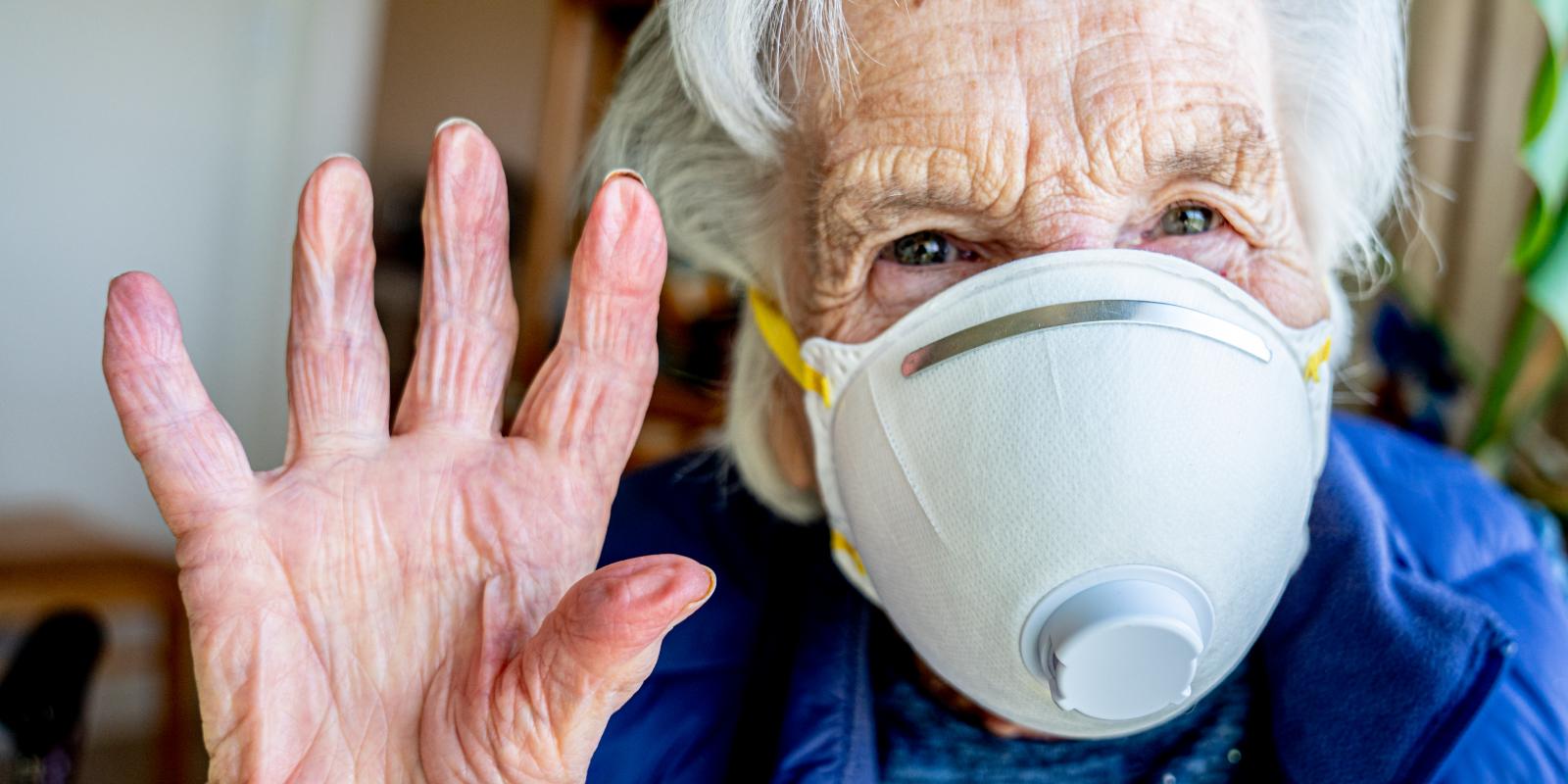Although the temptation is strong now that vaccines are gaining distribution to become more relaxed about COVID-19 prevention, we cannot afford to let down our guards and stop masking up. In the United States, the CDC recommends anyone older than age 2 wear a mask, but there are many who are resistant to wearing one, including some people with conditions like Alzheimer’s disease. This may mean missing out on safe ventures outside of the home, to stores or other indoor venues.
Here are some tips from our friends at DementiaUK and Alzheimer’s Society on how to help people who have dementia or Alzheimer’s to stop resisting mask wearing.
Why might a person with dementia or Alzheimer’s struggle with the idea of wearing a mask?
Individuals with dementia may be uncomfortable with the mask’s texture or feel. Experimenting with different materials, using a familiar scarf as a mask or engaging the person in choosing their own mask or in making one, could help. Making this a fun activity can go a long way in helping them get over the discomfort. Also, always putting the mask on at home, instead of in public, can lessen feelings of stress around mask-wearing.
What about if it’s a matter of discomfort from fit?
If the way the mask fits is an issue, trying varied styles could work. And if the person with dementia is afraid they may not be able to breathe, you can reassure them via demonstrating how it works best and trying to help them to remain calm.
What if they just resist the idea of wearing a mask?
Practice putting on your mask in front of the person with dementia and ask them to mirror your steps. This may reassure them. Also, you’ll likely continually need to remind them to wear it, but try not to use unfamiliar words like pandemic, and instead say virus or infection—words that would already have been in their vocabulary. With dementia it can help to bring up the past, so you might reference a flu they have had.
Another idea is to put a sign by the door for when you leave. Then gently remind the person that the virus is ongoing and they need to protect themselves and others.
What if the masks remind them of past trauma?
In some cases, perhaps rarer in the United States, masks may remind the person with dementia of a traumatic incident, such as having been in a war in their youth.
Talking about what they’re feeling, if possible, and trying to find ways to reassure them should help.
What if they feel they are the only people encountering this mask problem?
In this case it may work to validate their feelings, reassure them and help them to live as comfortably as possible during this “new normal.”
How best to talk to someone with dementia while wearing a mask?
Communicating while wearing a mask is challenging for people without dementia, but for those talking to older adults with Alzheimer’s or other dementias, it can be particularly challenging.
Some tips for this include using short, simple phrases and hand gestures; remaining clear, calm and friendly; smiling big enough that it’s evident in one’s eyes; thinking about body language, possibly mirroring their gestures if that helps to connect; and being empathetic, trying to understand how they are feeling and support them as patiently as possible.
If, despite all methods, the person still does not want to wear a mask, there are cards to carry and hand out to concerned people indicating that the person has Alzheimer’s or dementia. In this situation it’s important to always stay more than 6 feet away from others. And this may mean no indoor shopping or visiting.













